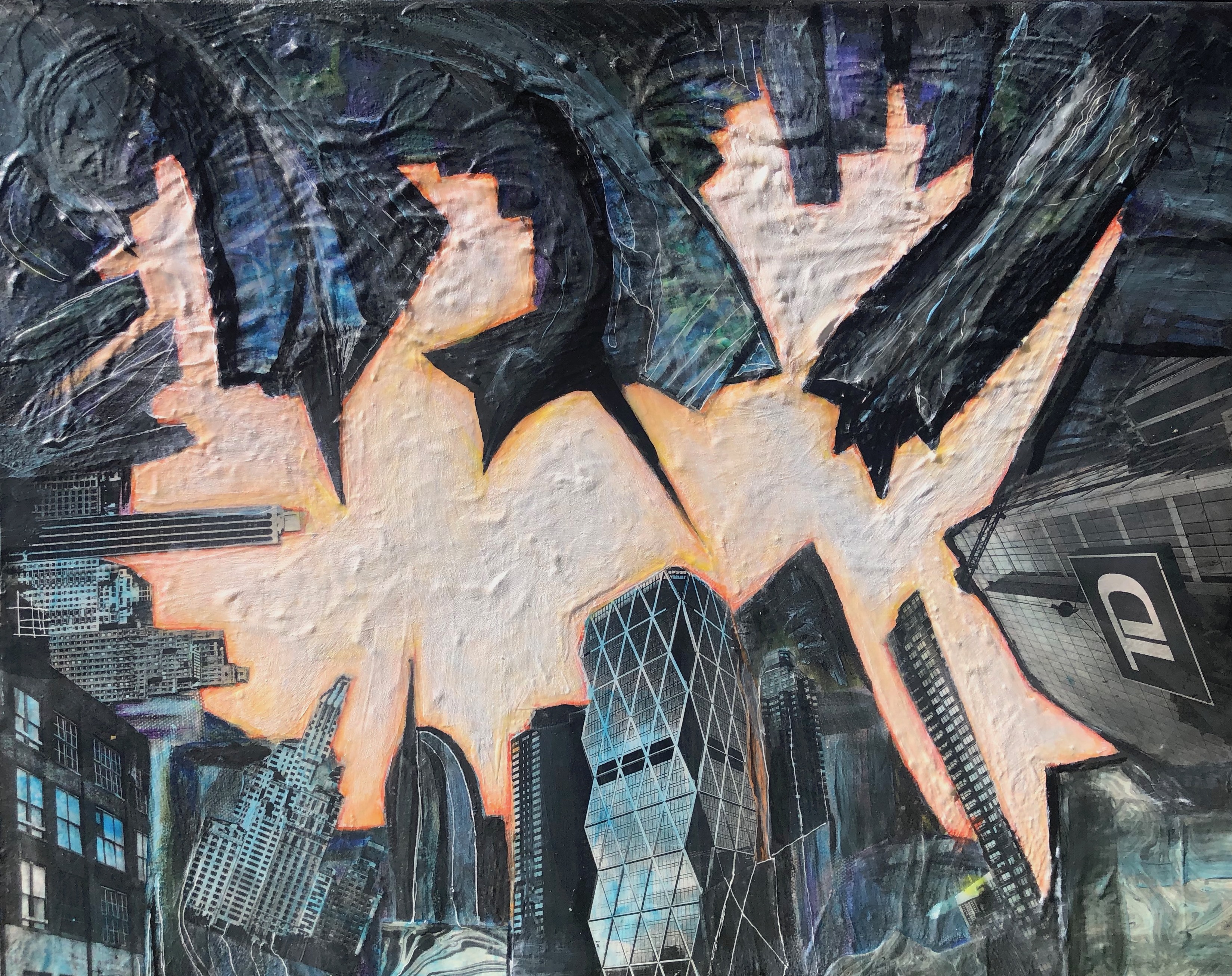Participants are invited to join us live in the fourth of a monthly series of “Critical Conversations” (Zoom webinars) with eminent scholars from around the globe. If you are interested in joining us, please contact us by email at editor.thenewpolis@gmail.com. If you have not participated in previous seminars, please provide us with a brief sentence or two explaining your interest in this particular “Critical Conversation”. Or you may simply sign up through the registration link below.
All Critical Conversations will be recorded and republished along with edited transcripts. Last month’s critical conversation entitled “The Politics of Pause, Struggling Over Speed for Better Futures” can be watched here.
________________________________________________________________________
When: Tuesday, November 17, 10am Mountain Standard Time; 6pm European Central Time.
How: Zoom. By Advance Registration. Please register at the following link: https://udenver.zoom.us/meeting/register/tZMkdeCvrjIrEt0gjRaXxuGHCI6m9II66HNg
You must register in advance of the seminar, whereupon you will be automatically sent the actual Zoom participation link.
Contact: editor.thenewpolis@gmail.com
Moderator: Roger Green, General Editor, The New Polis.
Presenter: Carl Raschke is Professor of Religious Studies at the University of Denver. He is the author of over twenty books including Neoliberalism and Political Theology: From Kant to Identity Politics and Force of God: Political Theology and the Crisis of Liberal Democracy (Columbia University Press, 2015). He is senior editor of The Journal for Cultural and Religious Theory and senior consulting editor for The New Polis.
Discussants:
Ward Blanton is Reader in Biblical Cultures and European Thought at the University of Kent (UK). He is author of A Materialism for the Masses: Saint Paul and the Philosophy of Undying Life (Columbia University Press, 2014) and co-author with Jeff Robbins, Noelle Vahanian, and Clayton Crockett of An Insurrectionist Manifesto: Four New Gospels for a Radical Politics (Columbia University Press, 2016).
Kieryn Wurts is a graduate student in philosophy at the University of Bonn (Germany) and a Research Fellow in human rights and freedom of religion and belief at the European Baptist Federation.
____________________________________________________________________________
The November 2020 “Critical Conversation” will focus on Carl Raschke’s 2019 book Neoliberalism and Political Theology as a lens through which to view the current planetary crisis of both economy and governance as manifested in the ongoing political struggle between those forces rallying ethno-nationalism and populism against the global hegemony of transnational capital. The exceedingly close outcome of the 2020 U.S. Presidential Election drives home how fierce, but equally counterpoised, these contending force are.
According to the book jacket, Neoliberalism and Political Theology “shatters the common academic myth that neoliberalism is simply free market fundamentalism plus political conservatism. Neoliberalism in recent years has become the operative buzzword among pundits and academics to characterise an increasingly dysfunctional global political economy. It is often–wrongly–identified exclusively with free market fundamentalism and illiberal types of cultural conservatism. Combining penetrating argument and broad-ranging scholarship…Raschke shows what the term really means, how it evolved and why it has been so misunderstood.” Blanton and Wurts will react to the thesis and argument of the book as well as join with other seminar participants in a free-ranging discussion, especially in the aftermath of the US Presidential election and in the context of the Covid-19 pandemic, about the future of neoliberalism, which Raschke argues has reached the stage of “catastrophe”. It is not necessary to have read the book in advance to contribute productively to the conversation, as the aim of this “conversation” is not to profile its contents so much as to stimulate penetrating discussion of what is happening in the world at this moment.

